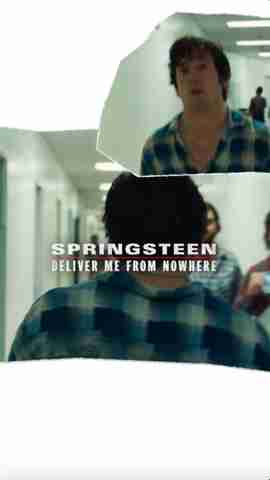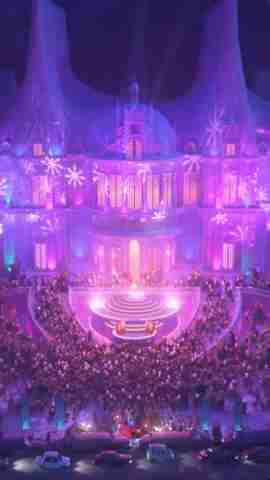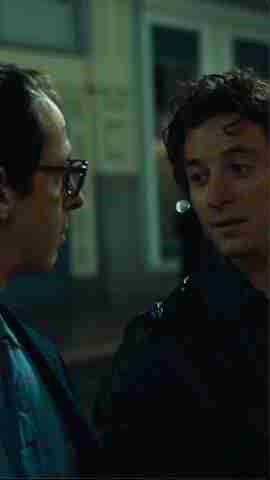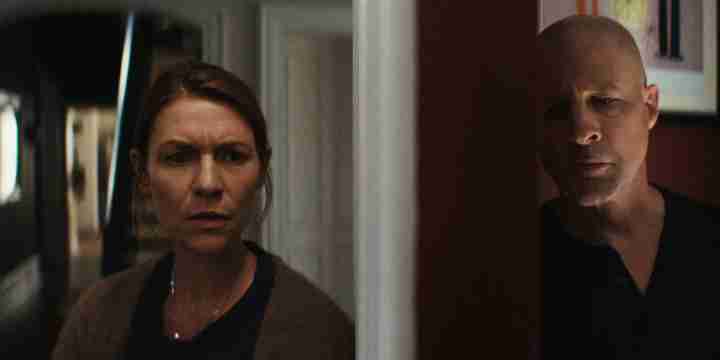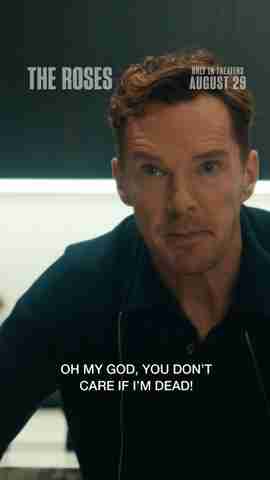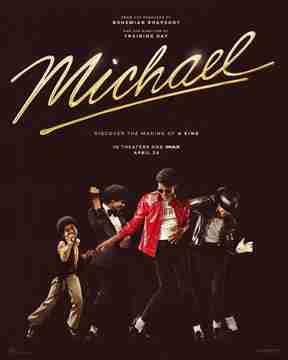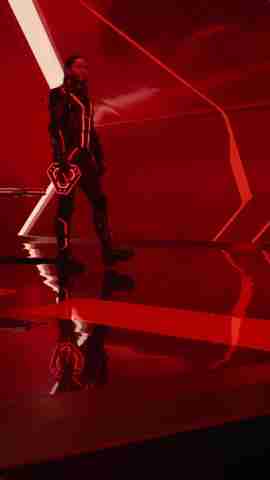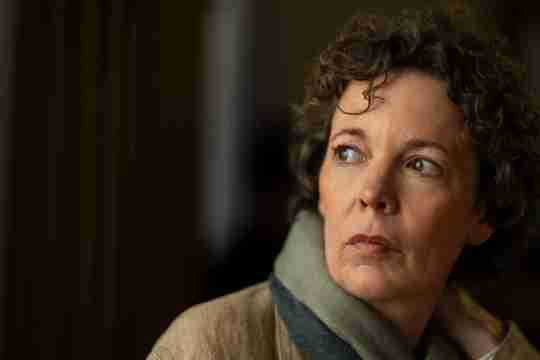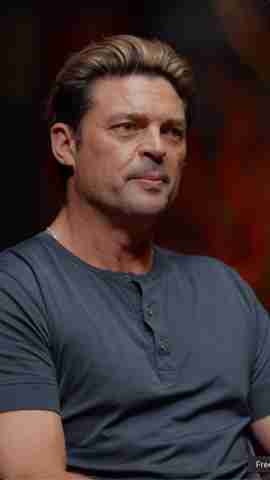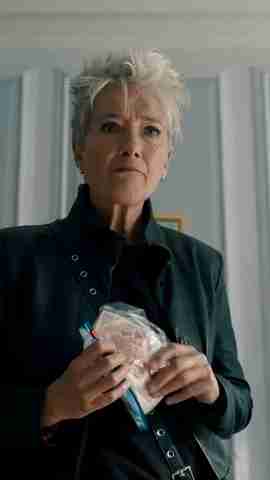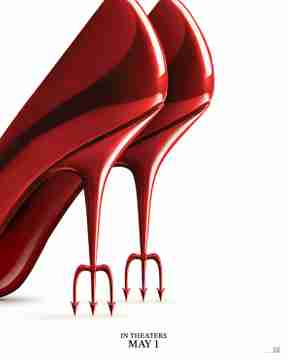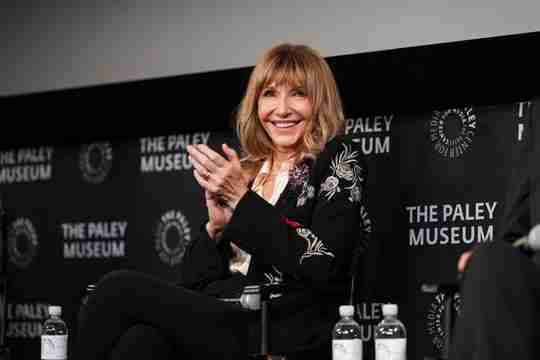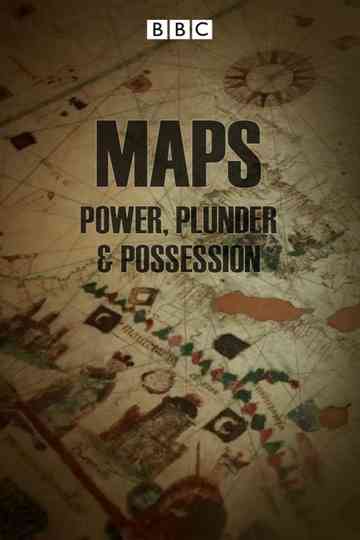Season 1 Plot
In a series about the extraordinary stories behind maps, Professor Jerry Brotton uncovers how maps aren't simply about getting from A to B but are revealing snapshots of defining moments in history and tools of political power and persuasion. Professor Jerry Brotton shows how maps can reveal the fears, obsessions and prejudices of their age.
Maps: Power, Plunder and Possession Season 1 aired on April 18th, 2010.
Season 1 Episodes
1. Windows on the World
Visiting the world's first known map, etched into the rocks of a remote alpine hillside 3,000 years ago, Brotton explores how each culture develops its own unique, often surprising way of mapping. As Henry VIII's stunning maps of the British coastline from a bird's eye view show, they were also used to exert control over the world. During the Enlightenment, the great French Cassini dynasty pioneered the western quest to map the world with greater scientific accuracy, leading also to the British Ordnance Survey. But these new scientific methods were challenged by cultures with alternative ways of mapping, such as in a Polynesian navigator's map which has no use for north, south and east. As scientifically accurate map-making became a powerful tool of European expansion, the British carved the state of Iraq out of the Middle East. When the British drew up Iraq's boundaries, they had devastating consequences for the nomadic tribes of Mesopotamia.
2. Spirit of the Age
Religious passion inspires beautiful medieval maps of the world, showing the way to heaven, the pilgrims' route to Jerusalem and monstrous children who eat their parents. But by the Victorian era society is obsessed with race, poverty and disease. Royal cartographer James Wyld's world map awards each country a mark from one to five, depending on how 'civilised' he deems each nation to be. And a map made to help Jewish immigrants in the East End inadvertently fuels anti-semitism. 'Map wars' break out in the 1970s when left-wing journalist Arno Peters claims that the world map shown in most atlases was a lie that short-changed the developing world. In Zurich, Brotton talks to Google Earth about the cutting edge of cartography and at Worldmapper he sees how social problems such as infant mortality and HIV are strikingly portrayed on computer-generated maps that bend the world out of shape and reflect the spirit of our age.
3. Mapping the World
Maps offer visions of distant lands, tempting explorers to plunder and conquer. However, adventurers first had to tackle the great challenge of mapping the globe onto a flat surface. The father of geography, Claudius Ptolemy, had some clever ideas. Explorers like Christopher Columbus sailed into the unknown in search of riches and discovered a whole new continent that would become the most powerful on earth, while Amerigo Vespucci gave it his name. Sir Walter Raleigh's treasure map of Eldorado in South America ultimately lost him his head. But the myth of Eldorado lived on, sending hundreds of men to their death in fruitless attempts to find the golden city. As navigation became easier, maps enabled nations and enterprises like the Dutch East India Company to plunder far-off territories for spices, natural resources and gold.
